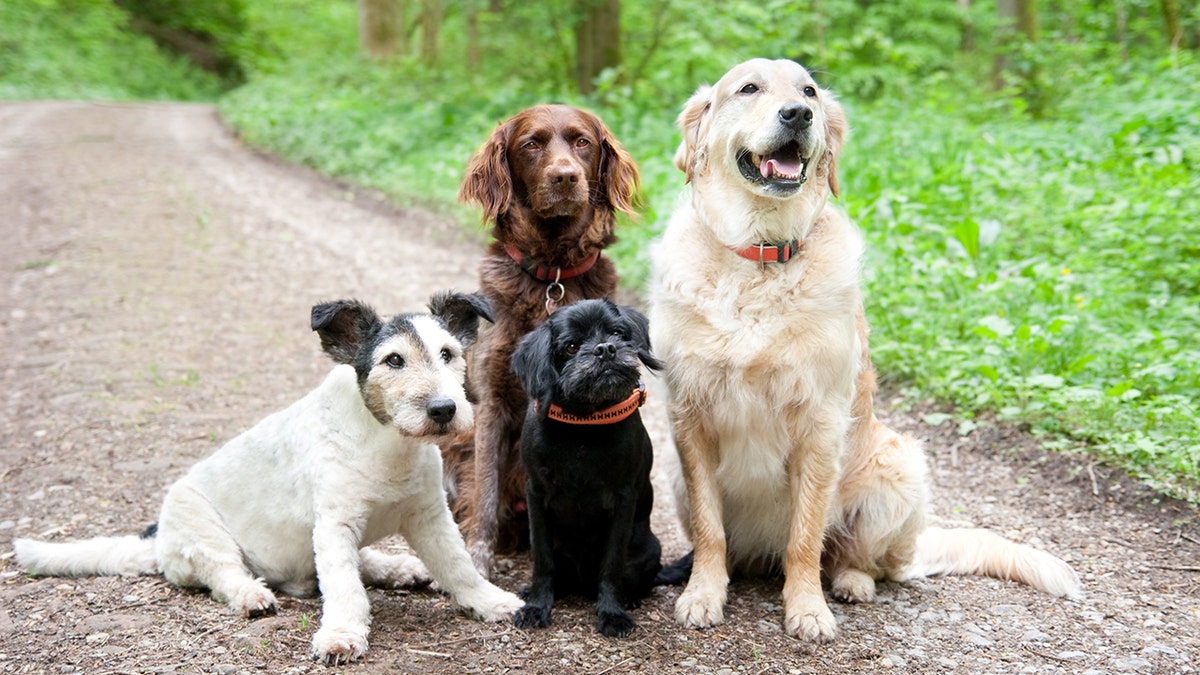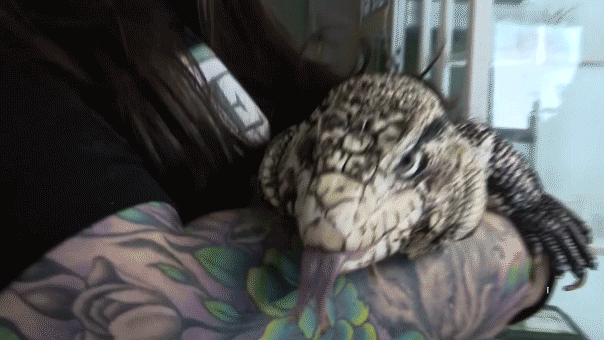
Dogs' personalities can change based their owners' personalities, a new study has found. (Stock image)
Dogs apparently do become like their owners — and now there’s research to prove it.
A new study by psychologists at Michigan State University (MSU) found that dog personalities change over time and their owners play a part.
“When humans go through big changes in life, their personality traits can change. We found that this also happens with dogs — and to a surprisingly large degree,” William Chopik, a professor of psychology at MSU and the study’s lead author, said in a statement.
“We expected the dogs’ personalities to be fairly stable because they don’t have the wild lifestyle changes humans do, but they actually change a lot. We uncovered similarities to their owners, the optimal time for training and even a time in their lives that they can get more aggressive toward other animals," he continued.
SNOW-SHOVELING DOG CAPTURED ON VIDEO
The study, which was published in the Journal of Research in Personality, is one of the first — and the largest — of its kind that looks at changes in dogs’ personalities.
Chopik and his colleagues surveyed owners of 1,681 dogs, including 50 breeds that ranged in age from a few weeks old to 15 years old.
Owners were asked to evaluate their dog’s personalities, answer questions about their dog’s behavioral history and describe their own personalities.
The three main findings from the study were: a correlation of the dog’s age to its personality, a correlation of the owner’s personality to their dog’s personality and the influence a dog’s personality has on its relationship to its owner, Chopik said.
DOG IN OKLAHOMA WITH 2 ‘MOUTHS’ FINDS PERMANENT HOME: ‘IT’S SOMETHING FROM A SCIENCE FICTION MOVIE’
Chopik’s research found that people who were extroverted scored their dog as being more excitable and active, while owners who felt more negatively about their pets rated them as being more fearful, less active and less responsive to training.
People who ranked themselves as agreeable also rated their canines as less fearful and aggressive to other people and animals, the survey found.
The research also found the best time to train a dog is around the age of six.
“Older dogs are much harder to train; we found that the ‘sweet spot’ for teaching a dog obedience is around the age of six when it outgrows its excitable puppy stage but before it’s too set in its ways,” Chopik said.
Owners whose dogs were better trained, more active and more excitable reported feeling happiest about their relationships with their canines, as well.
“There are a lot of things we can do with dogs — like obedience classes and training — that we can’t do with people,” Chopik said.
“Exposure to obedience classes was associated with more positive personality traits across the dog’s lifespan. This gives us exciting opportunities to examine why personality changes in all sorts of animals," he added.








































